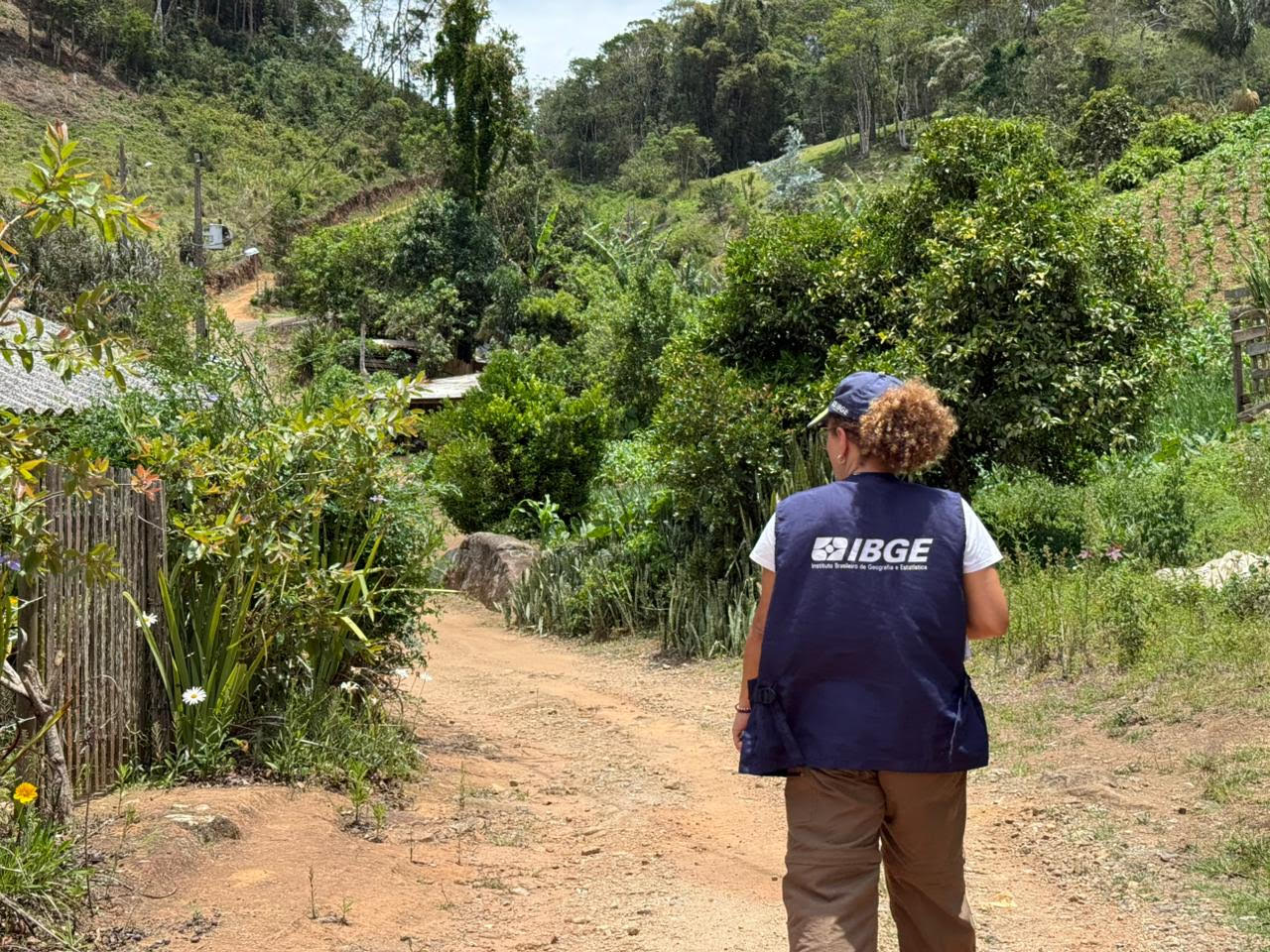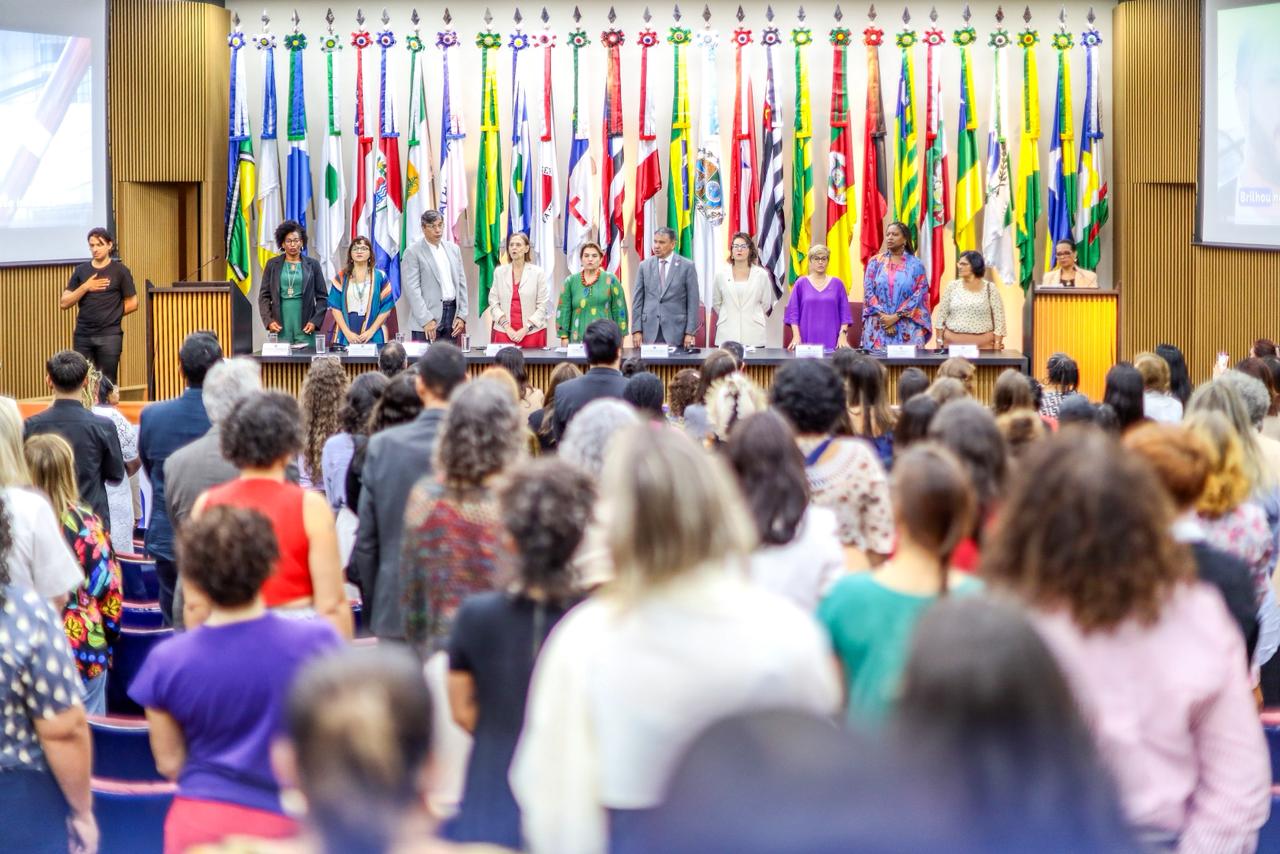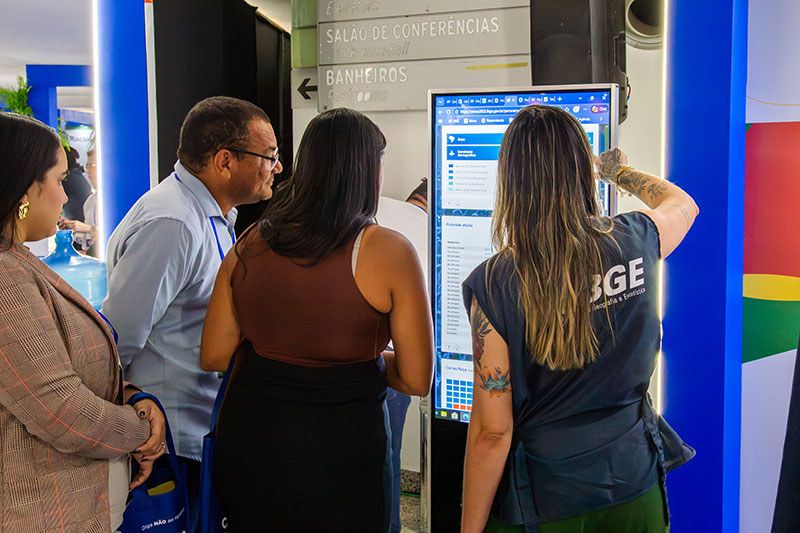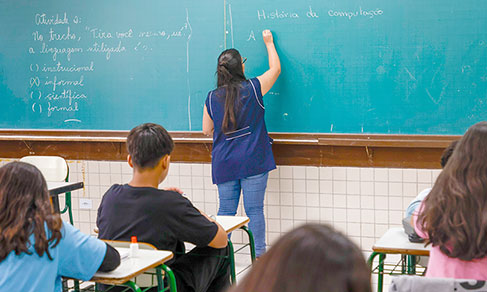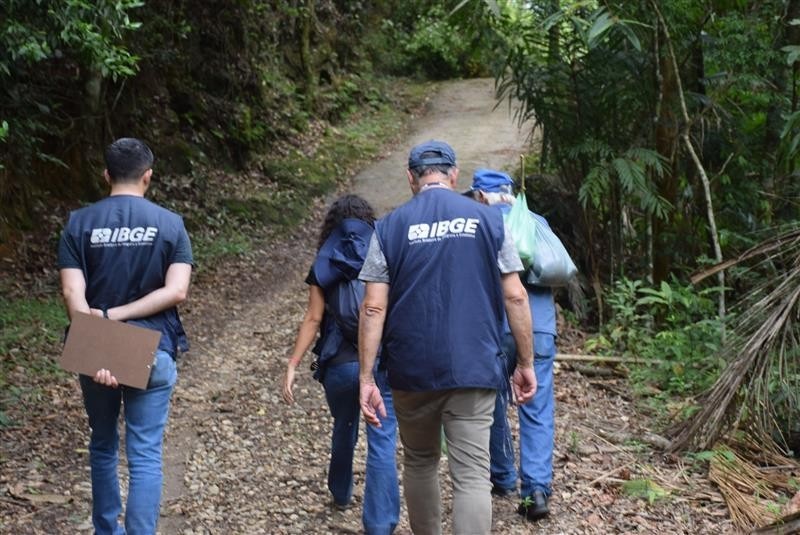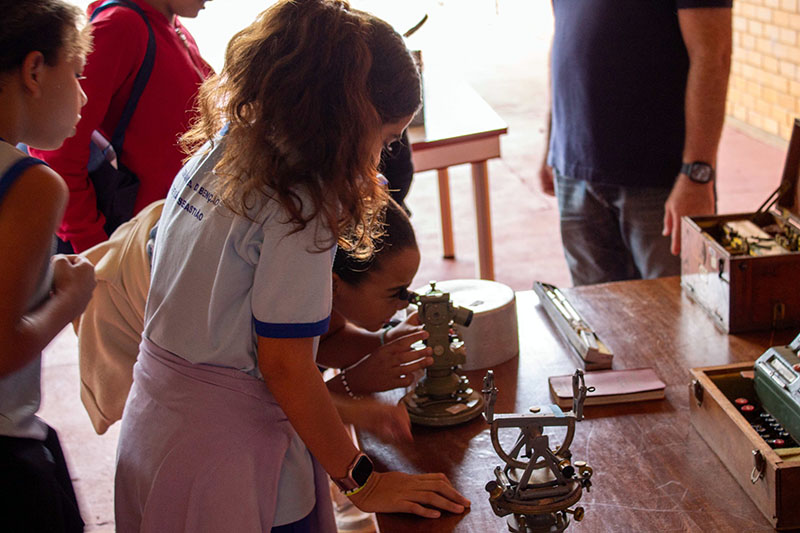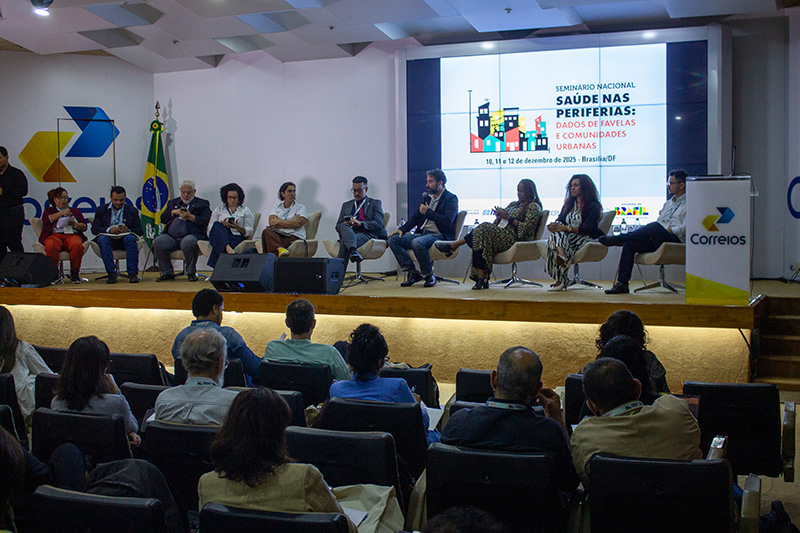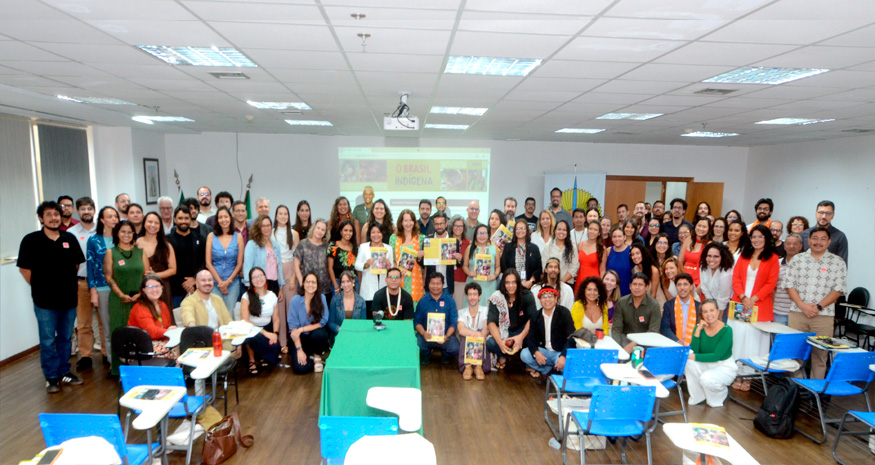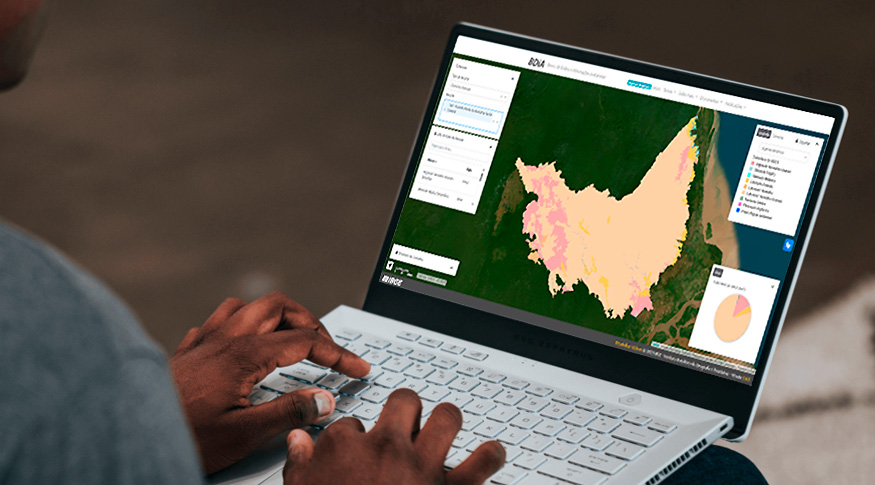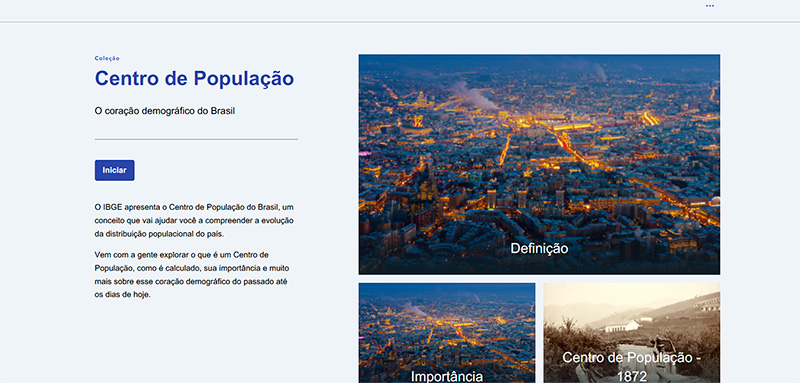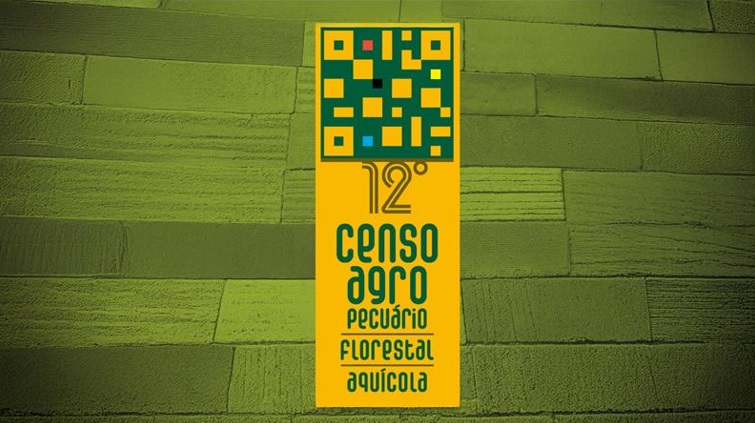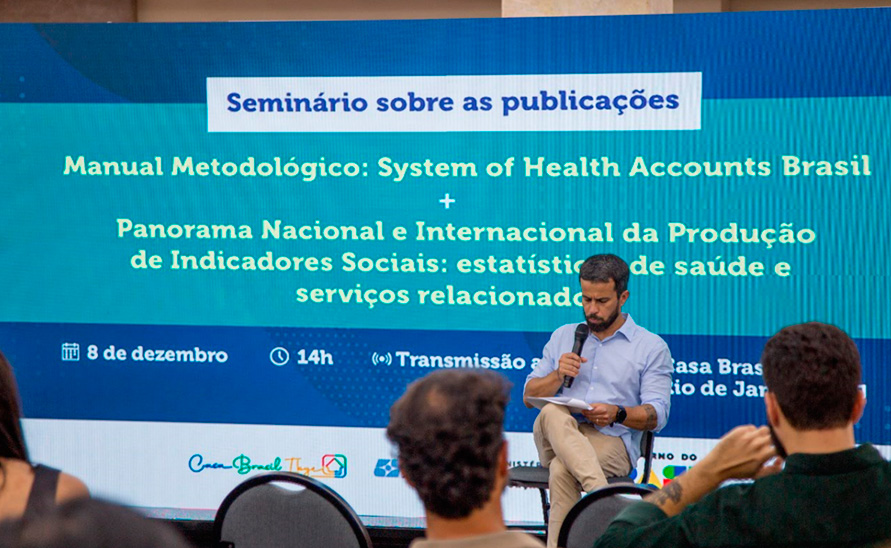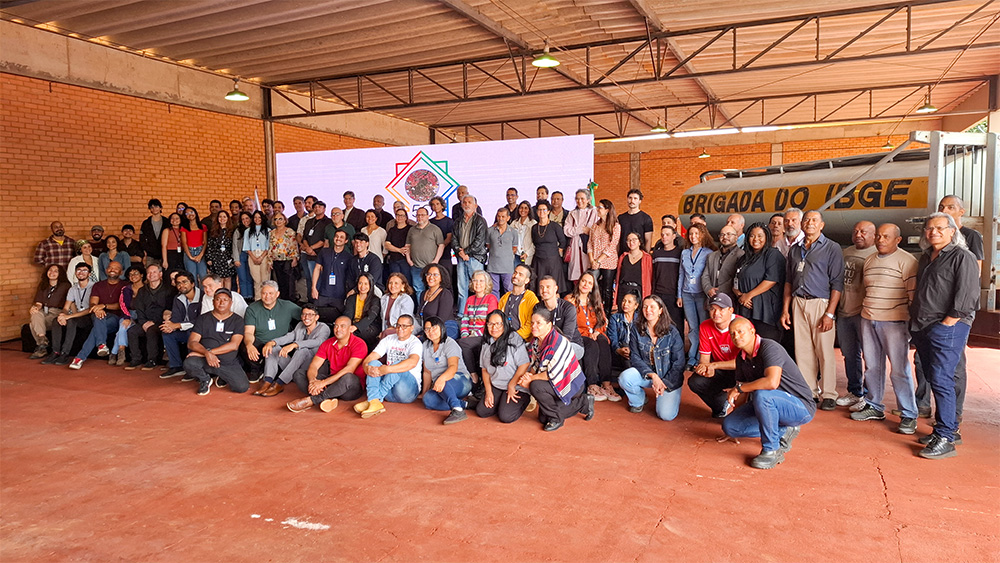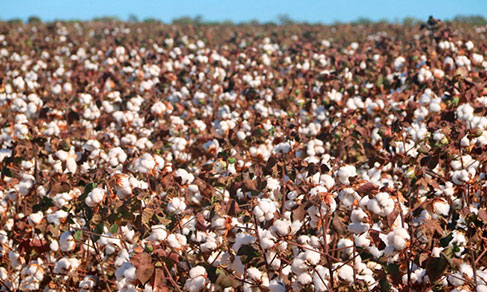Database
SIDRA search engine will be based on artificial intelligence
March 14, 2024 02h00 PM | Last Updated: March 15, 2024 11h18 PM

The IBGE's Automatic Retrieval System (SIDRA) search engine will start using Artificial Intelligence (AI) in the first semester of 2024. SIDRA database stores and makes available information about surveys conducted by the IBGE. It allows users to select indicators, combine information, and visualize data in different forms, according to specific demands and objectives. To visit SIDRA, click here.
The platform is second most accessed one on the IBGE website and encompasses more than one trillion figures from more than 60 surveys. In January, a total of 279,453 users accessed the database.
By means of SIDRA one can access data and see the results of IBGE surveys, such as the Population Census, which presents information about the characteristics and living conditions of the Brazilian population; the National Household Sampe Survey (PNAD), which covers topics such as health, nutrition, labor and housing; the IPCA, which measures inflation in the country; the GDP, which represents goods and services in Brazil; among other surveys that deal with harvests, industry output, and trade.
Artificial Intelligence will help SIDRA users combine information from different surveys and find, for example, specific terms, such as synonyms for key words. “If a person is searching for 'lack of employment' but the right word is 'unemployment', the system will find the term in context,” explains Anderson França, manager of SIDRA.
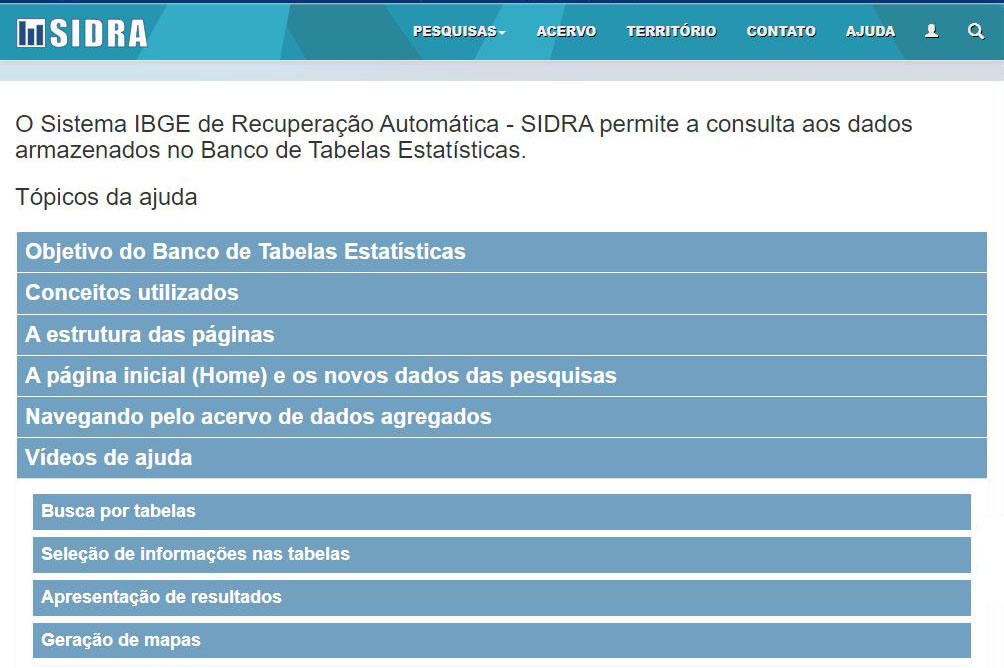
Click here to watch videos about the use of SIDRA (in Portuguese).
The use of AI in SIDRA will help expand application of the system in the public sphere too. By means of SIDRA, State and Municipal Secretariats, Federal Ministries and Public Bodies can, for example, obtain data on the local population, identify problems, and manage public policies to serve society.
The IBGE has invested in different projects with Artificial Intelligence aiming at placing the Institute in the Digital Era. In December 2023, the Institute signed an agreement with the State university of Campinas (Unicamp) and with the Federal University of Goiás (UFG) to develop Artificial Intelligence tools applied to public policies. The agreement is intended to produce a series of conversational tools for widespread use by municipal and state agents, help in the elaboration of diagnoses and programs that use Artificial Intelligence. Click here for additional information on this partnership.
Depending on the survey, SIDRA helps users find data as time series, showing their behavior in time, being also possible to have the same data available by disaggregated levels of geography, such as municipality, district and neighborhood, in order to promote easier access and more knowledge about the territorial reality in Brazil.
“SIDRA allows me to reach information besides what is already made available in the main types of material. I can present different data to readers because I have access to the system, identify if that was a record figure or not, see since when it has increased, make comparisons with different periods and present information in a direct way, without having to resort to the professional in charge of the survey,” said Lucianne Carneiro, a journalist from Valor Econômico newspaper.
Leonardo Vieceli, economy reporter from the newspaper Folha de São Paulo, says the system is important for a journalist that follows information about the IBGE. “I use it almost Every day, not only when there is a new release, but also to report on other topics. SIDRA does helps me because it is the main channel to search information produced by the IBGE. Those who are familiar with the system find it functional as it allows fast access to statistics.”
To Felipe Madruga, a professor and researcher at the Federal University of Pampa, SIDRA is essential for those who want to use data from IBGE surveys in activities with their students or for any individual work. “The system has become a reference in quickness of search for a certain group of data because there is plenty of complementary information, mainly when one is dealing with microdata.”
SIDRA Tables: search and customization
SIDRA allows the visualization of data from the IBGE surveys in different formats, whether as tables, cartograms, or spreadsheets. "SIDRA's main purpose is the external audience, but it meets the purposes of all areas involved in the production of IBGE surveys. Internal users have access to the system, where they can verify the data before their release and build 'SIDRA tables' in a way that best meets the public interest", explained the system manager, Anderson França.
The statistical tables database also allows search by keyword and search by topic, customization of forms of table presentation, visualization of tables or file generation, generation of graphs from tabular data, scheduled sending of data by email, spatial visualization of data through cartogram generation and retrieval of time series data. SIDRA meets the needs from occasional users to researchers, scholars, technical users, market participants and news agencies.
“We have two formats of access to SIDRA: the Web format, which extends to all those audiences, and through an API (application that enables communication between different systems). You have three ways to search for information through SIDRA. If you already have the search in mind, go directly to the main menu. If you don't know the sources of data, search for keywords in the 'magnifying glass' and the tables show the survey results. And the third way, which would be a more refined and advanced search, in which you search the archive by the survey title, or variables, keywords and provide filters until you get the desired result”, continued Anderson. "Any data, any information that you search for in the system is at most three clicks away, in other words, you are three levels away from any information that you are going to search for in the system”.
SIDRA Course
With the aim of democratizing access to statistical information, the IBGE offers online and free training and specialization courses of SIDRA, provided through its Virtual School (EVI). The course is open to the entire society, requiring that participants have completed Secondary Education. Registration can be done through the link available here.
The SIDRA training course was first offered in 2018. The latest edition was held in November 2023, with a workload of 25 hours, which can be met according to the availability of the participants. In the classes, participants learn to tabulate statistical data from the system, analyze indicators, conduct surveys, build charts, obtain rankings, download material and produce graphs and cartograms from the IBGE surveys.
"We offer two types of courses. Regular ones, available through ENCE (The National School of Statistical Sciences) and occasional ones, where we provide help and support. This kind of initiative is important to attract more users. SIDRA is a very powerful tool; the more information you have about the system and its operation, and not only about what you want to find, the more time you will spend there and the more data you will access," emphasized Anderson.
8 years since the update of SIDRA
In November 2016, the SIDRA system was updated by the IBGE, and since then it has allowed the access to data and the search from IBGE studies and surveys also on mobile devices. The aim of the update was to ensure more autonomous consultation for the users.
The first web version of SIDRA was launched 27 years ago and the latest format is the one adopted since 2001. Data, starting from the update, can be presented in tables, graphs and cartograms, a specific mode that consists of representing a territory by proportionally indicating the determined values.
Since the 1980s, SIDRA is one of IBGE's first systems to have been available online and it is frequently updated. SIDRA is directly linked to the IBGE's ultimate goal of making data collected in several surveys available to society the most complete and practical way possible", concluded Anderson.



